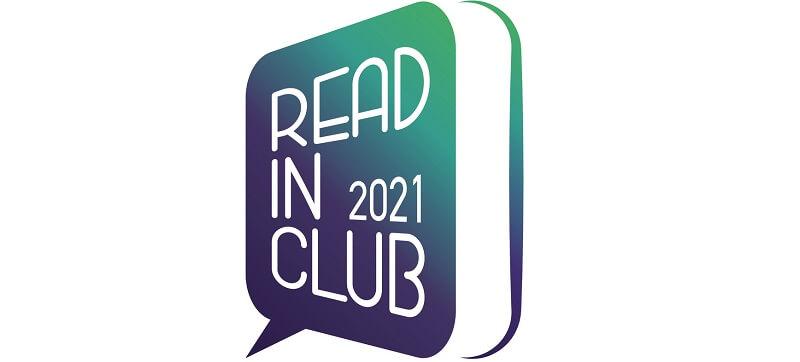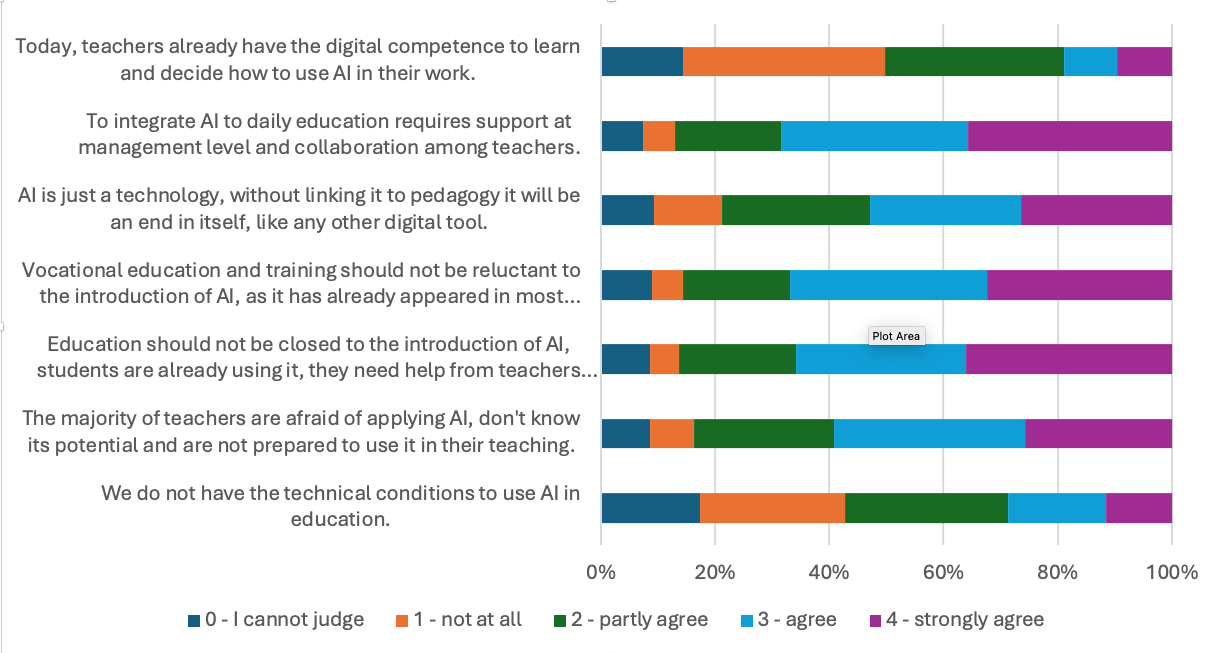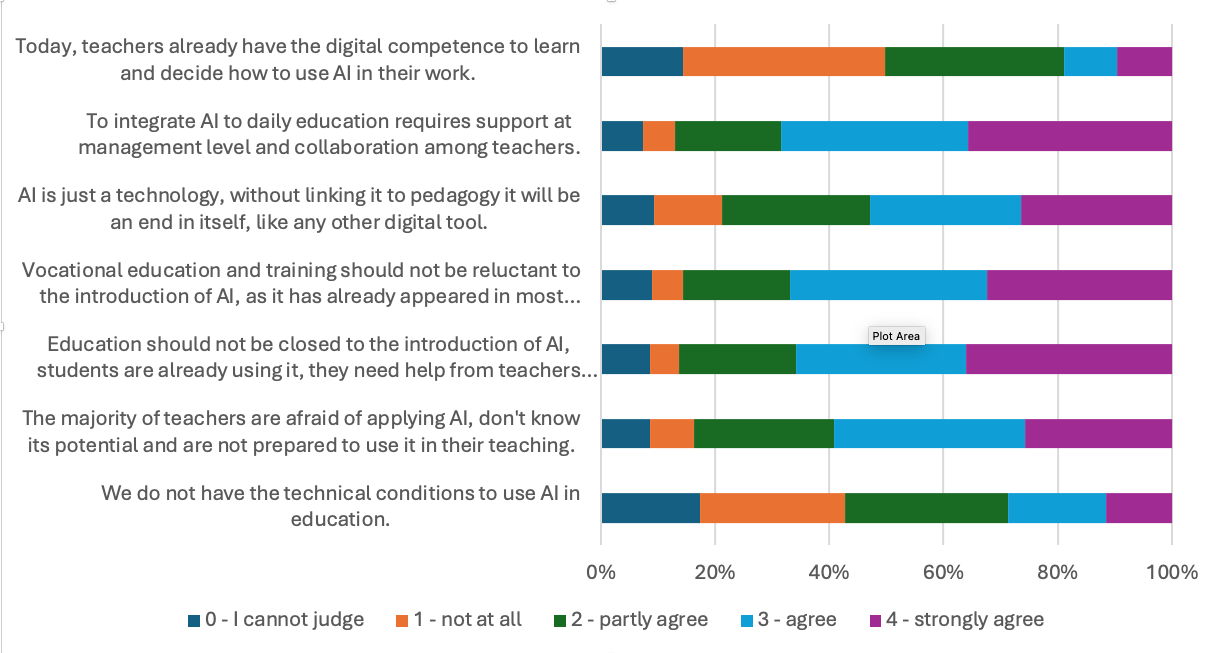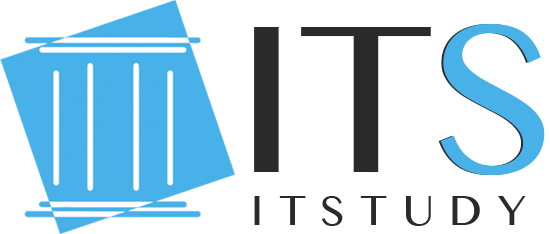
READ-IN-CLUB: READ-INg for CuLtUres across Borders
The COVID-19 pandemic also made the work of literary book clubs and reading circles impossible for many months. The READ-IN-CLUB project, a multilingual website and community platform, will help to prevent similar situations.
The website and the platform will raise the level of communication between reading club members, broaden their horizons and their network of contacts, and provide a permanent opportunity to organise, express opinions and make suggestions. A short online training session will be organised for the leaders and moderators of reading clubs and reading circles to introduce them to the different approaches resulting from the online application.
Project information
- Website: https://readinclub.itstudy.hu
- ID: KA227-923BC22C
- Partner countries (and institutions): Greece (CulturePolis – coordinator; Hellenic Foundation for Culture), Croatia (Sandorf), Cyprus (Institute of Entrepreneurship Development), Slovenia (Društvo slovenskih pisaca), Hungary (iTStudy Hungary Számítástechnikai Oktató- és Kutatóközpont Kft.)
- Duration: 01. 03. 2021 – 31. 10. 2022.

Project news
The project starts in September of 2025. We share here the results of our preliminary research in 2024 aimed to get clear evidence, that there is a strong need for guiding vocational teachers to understand the basic concepts of artificial intelligence and to equip them with the knowledge and skills to effectively integrate artificial intelligence (AI) into their teaching.
As part of the proposal development process, the project partnership conducted an online survey to assess vocational teachers' readiness, attitudes, and needs related to the integration of Artificial Intelligence (AI) in education.
Survey period: 17–23 July 2024 Platform: EU Survey portal Sample size: 269 valid responses Countries represented: Hungary (29.89%), Italy (35.06%), Spain (21.77%), Lithuania (12.18%) Gender distribution: 56.83% female, 42.44% male Educational background: 68.27% held a master’s degree (MSc), but only 9.96% had vocational qualifications Teaching experience: 73% had over 11 years of experience |
The primary objective of the survey was to validate the following preliminary assumptions:
Vocational teachers often face uncertainty and hold misconceptions about AI.
Teachers acknowledge the increasing importance of AI in the labor market and recognize the need to adapt accordingly.
Although students are already engaging with AI technologies, many teachers feel unprepared to incorporate them into their teaching practices.
Educators show a willingness to adopt AI in the classroom but require targeted professional development to do so effectively.

MAIN CONCLUSIONS
Teachers expressed both optimism and caution regarding AI’s role in education. While 43% agreed that AI is essential for the labor market, over 50% believed that most teachers are not yet prepared to integrate AI into their classrooms. Furthermore, teachers stressed that effective AI integration requires managerial support and teacher collaboration.
The survey results clearly justify the relevance of the project’s aims, confirming that vocational teachers need targeted support to understand and apply AI in their teaching and that there is strong interest in student-centered, AI-integrated methodologies aligned with labor market demands.
More details in the document: Secondary School Teachers' Attitudes Toward AI Integration in Teaching - Survey across four European countries.
Information: maria.hartyanyi@itstudy.hu
